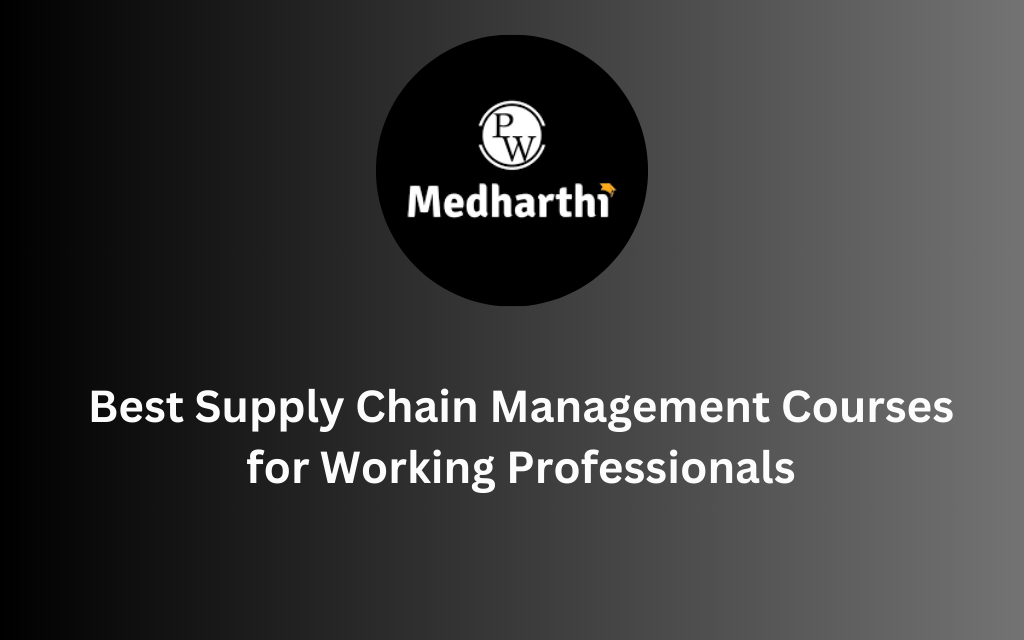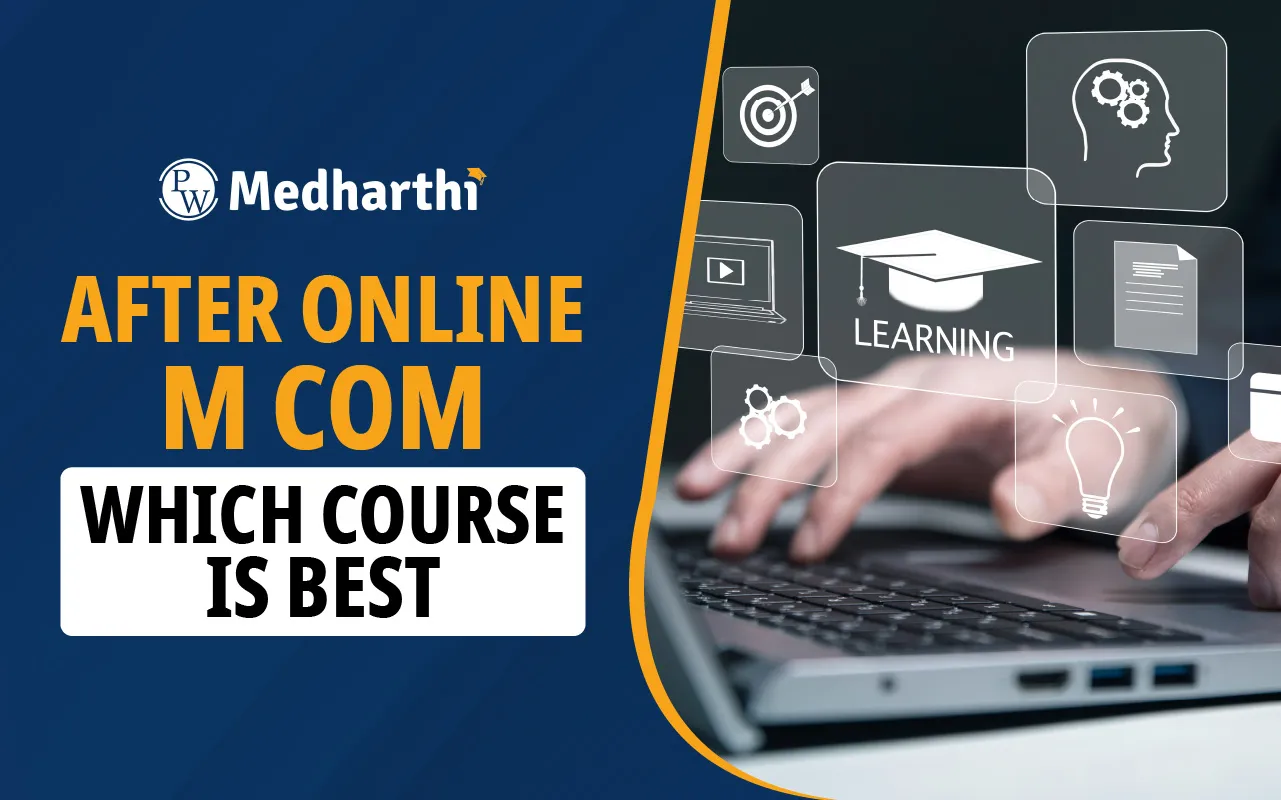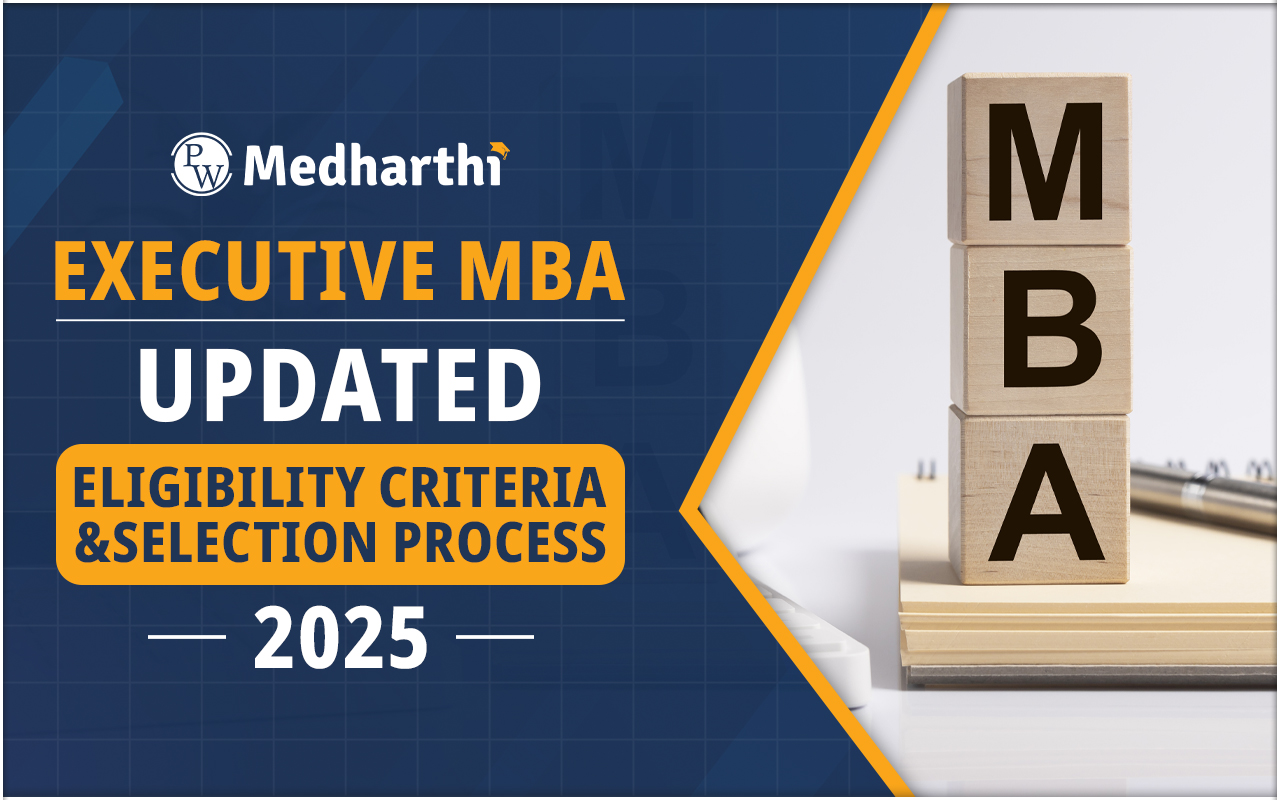

Online Commerce Courses provide a flexible, accessible, and career-oriented path for students and professionals looking to build skills in accounting, finance, taxation, business management, and related fields. With increasing demand for remote learning, these programs combine the credibility of established universities with the convenience of online platforms, making them ideal for those balancing studies, work, or family responsibilities.
Over the years, Online Commerce Courses have emerged as a smart choice for learners who want to deepen their understanding of business and finance without enrolling in full-time on-campus programs. Whether you're preparing for a finance role, aiming to switch careers, or seeking foundational knowledge in commerce, these programs offer a structured yet flexible approach.
What Are Online Commerce Courses?
Online Commerce Courses are specialized academic programs designed to equip learners with knowledge in key commerce domains such as finance, accounting, banking, and business law. Delivered entirely online, these programs can be pursued alongside a job or other studies and typically lead to a certificate or degree depending on the course level.
These programs are delivered through interactive platforms featuring recorded lectures, digital assignments, e-books, discussion forums, and live sessions. With flexible durations and varied curriculum depth, they cater to school graduates, college students, and professionals aiming to upskill or switch industries.
Online Commerce Courses Overview
Online Commerce Courses offer practical, structured education in business and finance, providing a modern alternative to traditional classroom-based degrees. These programs are especially beneficial for learners aiming to improve their qualifications without compromising on other commitments.
| Online Commerce Courses Overview | |
| Feature | Description |
| Mode of Learning | 100% online with video lectures and assessments |
| Duration | 6 months to 3 years depending on course type |
| Certification | Degree or diploma upon completion |
| Flexibility | Self-paced or scheduled formats available |
| Assessment | Projects, quizzes, assignments, or proctored exams |
| Course Types | Undergraduate, Postgraduate, and Professional |
Eligibility Criteria for Online Commerce Courses
Eligibility for Online Commerce Courses varies based on course level, university policies, and academic requirements. Institutions have designed flexible entry points to support broader access while maintaining academic standards.
-
Undergraduate Courses (BCom, BBA): Require completion of 10+2 or equivalent diploma. Reserved category students may receive up to 5% relaxation in eligibility criteria.
-
Postgraduate Courses (MCom, MBA): Require a bachelor's degree in a relevant field. Some institutions may specify subject-based qualifications or minimum scores.
-
Special Requirements: For courses like MCom or MBA Finance, some universities prefer prior knowledge in commerce or related subjects.
University-Wise Comparison of Online Commerce Courses
With many Indian universities offering Online Commerce Courses, learners must compare programs based on tuition, eligibility, and available disciplines. The table below summarizes key details:
| University-Wise Comparison of Online Commerce Courses | |||
| University | Courses Offered | Fee (INR) | Eligibility Criteria |
| MUJ | BCom, MCom | 99,000 – 1,08,000 | 10+2 or Graduation; 5% relaxation for SC/ST |
| SMU | BCom, MCom | 81,000 – 79,000 | No minimum percentage; just 12th or UG pass |
| JAIN | BCom, MCom | 1,27,500 – 1,30,000 | 12th for UG; 50% in UG for PG (45% SC/ST) |
| AMRITA | BCom, MCom | 1,20,000 – 90,000 | UG: 45% in 10+2; PG: 50% Graduation |
| SHOOLINI | BCom | – | Not mentioned |
| SHOBIT | MCom | – | 50% in UG (45% SC/ST); Math required for some streams |
| North Cap | BCom | 48,000 | 12th pass; Minimum 40%; Age ≥17 |
Admission Process and Course Delivery
Admissions to Online Commerce Courses are designed to be simple and paperless. Universities have streamlined the entire process through online portals, reducing the need for physical documentation or campus visits.
-
Apply Online: Fill out the application form with personal and academic details.
-
Document Upload: Submit scanned copies of mark sheets, ID proof, and passport-size photo.
-
Fee Payment: Pay online through secure payment gateways. EMI options may be available.
-
Enrollment Confirmation: Receive login credentials for the learning portal.
-
Course Access: Begin accessing study materials, video lectures, and assignments.
Popular Domains for Online Commerce Courses
Online Commerce Courses span multiple subjects within the commerce stream and offer learners an opportunity to specialize in areas aligned with their career goals. These domains are commonly selected by students, working professionals, and aspiring entrepreneurs.
-
Accounting & Taxation: These courses teach learners how to manage company finances, prepare financial statements, and stay compliant with GST and income tax rules through hands-on software tools and real-world example
-
Banking & Financial Services: Programs in this domain explore the structure of financial institutions, investment strategies, risk management, and market analysis, preparing students for roles in retail banking, fintech, and wealth management.
-
Digital Business & E-commerce: Ideal for aspiring online business owners or marketers, these courses cover tools and techniques for launching, managing, and scaling digital storefronts and online transactions effectively.
-
Business Laws & Corporate Governance: These subjects provide knowledge of business compliance, contracts, legal structures, and regulatory frameworks required for ethical business operations and conflict resolution.
-
Entrepreneurship & Business Planning: Focused on helping students become business-ready, these courses cover ideation, business modeling, funding strategies, and operational planning for small startups and scalable ventures.
How to Choose the Right Online Commerce Course?
Choosing the right Online Commerce Course requires evaluating several factors that impact both the learning experience and the course outcome. These include alignment with professional goals, institutional credibility, and the course’s practical relevance in today’s job market.
-
Define Career Goals: Choose a course that directly supports your professional aspirations—whether you aim to become a chartered accountant, tax analyst, or financial advisor, focus on subjects that build those core competencies.
-
Check Accreditation: Ensure that the university offering the course is UGC-recognized and that the course is officially entitled to award degrees or diplomas, which are valid for job applications and higher studies.
-
Review Curriculum: Go through the course content in detail. Look for a curriculum that offers up-to-date content, practical assignments, real-world tools (like Tally or Excel), and soft skills training.
-
Verify Platform and Support: Ensure that the learning management system is user-friendly, mobile-accessible, and provides timely support from faculty or technical staff for a seamless educational experience.
-
Budget and Payment Options: Compare fee structures across universities and see if flexible payment plans, scholarships, or fee waivers are available. This can significantly reduce the financial burden of online learning.
Benefits of Online Commerce Courses
Online Commerce Courses offer a modern, effective approach to skill-building in core business areas. They support diverse learners by offering customized study plans, cost-effective education, and industry-relevant outcomes, all accessible from the comfort of home.
-
Affordability: These courses are often less expensive than traditional classroom degrees and save on travel and accommodation costs, making them an excellent option for budget-conscious learners.
-
Flexible Scheduling: Learners can choose when to study, making it easier to balance coursework with jobs, internships, or personal obligations, especially for those with family or financial responsibilities.
-
Targeted Skill Development: Unlike general degrees, these courses are designed to focus on specific career-ready skills such as auditing, business planning, and analytics that enhance job-readiness.
-
Credential Recognition: Certifications or degrees from reputable universities strengthen your resume and can be instrumental when applying for job opportunities or further academic study.
| Online Degree Important Links | |
| Online MCA Programs in India | Online BCom Course |
| Online MCA Course | Online Degree Programs |
| Regular Degree Vs Distance Degree | BA Online Registration |
Online Commerce Courses FAQs
1. What are Online Commerce Courses?
2. Who can take Online Commerce Courses?
3. Are these courses recognized by employers?
4. Can I study commerce online without a commerce background?
5. How long do Online Commerce Courses take to complete?













